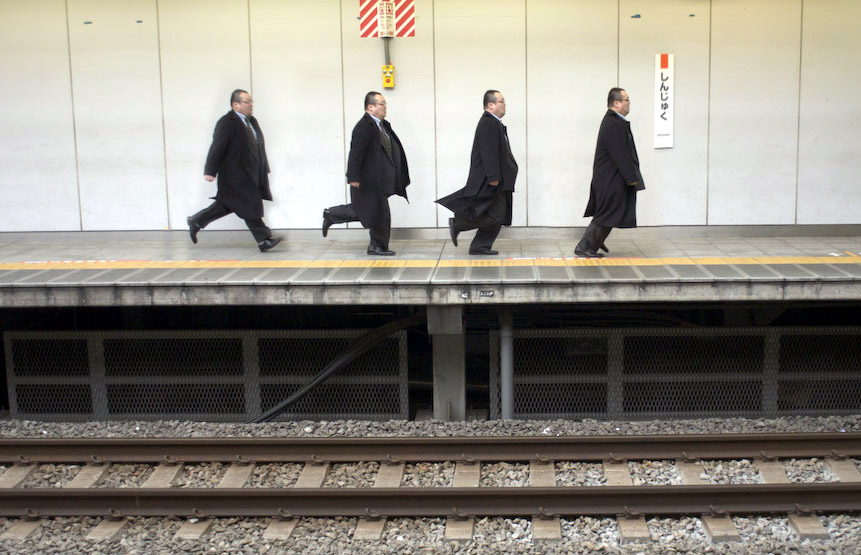This may come as a surprise: professionals whose livelihood depends on being able to travel the globe and decode the nuances of what they experience suffer from culture shock. Everyone is susceptible. It can impact an individual researcher’s ability to function in their role, significantly affects team dynamics and can continue to resonate long after returning home.
If the field study aims include documenting and interpreting local culture and advising clients based on the findings then the research results will likely be biased. That the topic is a somewhat taboo amongst would-be professionals makes it more difficult to address the cause and effects – for example an account manager is unlikely to bring the issue up with clients.
I’ve seen first hand and have on occasion experienced the symptoms of culture shock including: increased irritability; becoming hypercritical of locals and local practices; withdrawal – in particularly spending long time resting or in bed; physiological reactions; and excessive eating, drinking or drug use.
There are many factors that can hasten the onset of culture shock including: feeling out of control – particularly when it comes to food, hygiene and language; personal insecurity issues; limited prior experience of other cultures; illness and low levels of energy – something that is often exacerbated by jetlag; significantly poor quality accommodation and/or working environment; feeling separated from friends, family and professional network. In addition the corporate researcher often has to contend with the everyday stresses of working for a large organisation such as the cyclical job insecurity that comes from yet another reorganization – working out whether there is a new position in the new power structure is a bitch when you’re a couple of mountain ranges away from cellular connectivity and 10 time-zones away from the decision makers.
The one sure-fire way of avoiding culture shock is not to travel, which might sound glib, until you consider that you can affect which of your colleagues will join the study. Recognise that not everyone is cut out for work travel and don’t be afraid to voice your opinion and authority before the study commences.
Once you are in the field the easiest way to reduce the likelihood of culture shock is to foster a strong sense of camaraderie across the entire team of locals and visitors, and create plenty of space for formal and informal interaction. Other reducing factors include: assigning clearly structured roles; having a comfortable shared working space and creating practices around its use – there can be a tendency to want to retreat into sleeping quarters; monitoring stress and energy levels and scheduling time off; ensuring that team members have the space and resources to communicate with remote loved ones. The time of the day that team members tend to be most vulnerable is early morning/at breakfast – supporting rituals around hot drinks can be a particularly effective ‘normaliser’ – it requires minimal forethought to invest in a particular blend of tea or the tools to make a killer cappuccino.
Some people also experience re-entry shock on returning home – whether it’s a come-down from the adrenalin or emotional highs of working towards a shared goal with a tight knit team on the edge of something big; the contrast of returning to the humdrum of everyday life – the commute, laundry, weekly shopping, and not having an expense account; or simply becoming more aware of the negativities in relationships, home and work life. The effects of re-entry shock can be mitigated by scheduling a couple of decompression days at the end of the study and encouraging team members to take vacation days the culture where the study takes place before or after the study has finished.
The local team can also go through a form of experiential or organisational culture shock from interacting with the ‘visitors’, but that’s a topic for another day.
Related: processing field study experiences.
Photos? Shibuya station a year ago today – en route to here.
